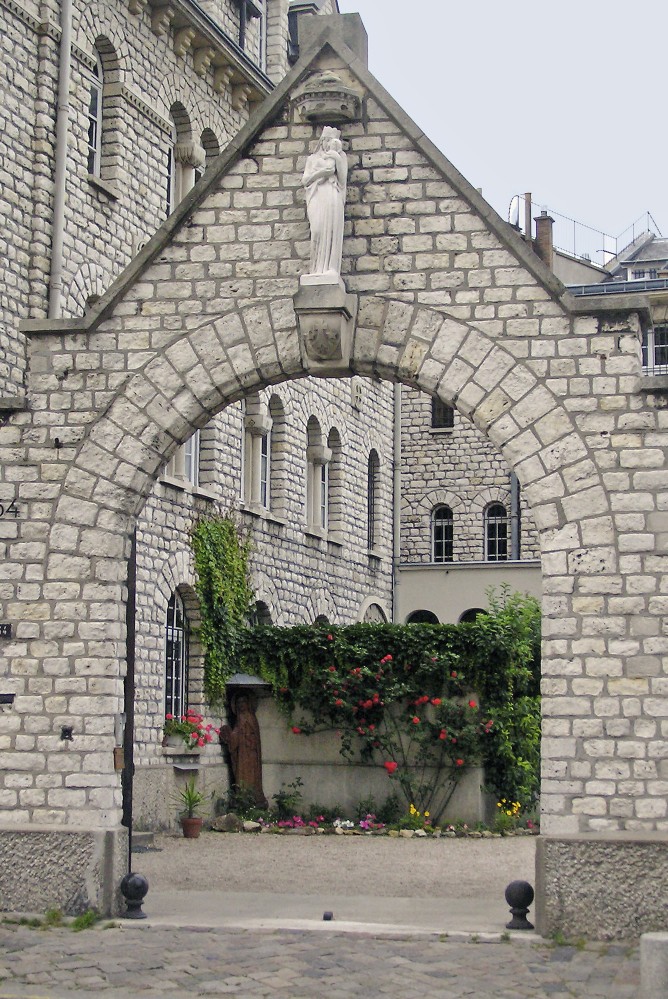
A crisis occurred in their life when their third daughter was about ten years old, that brought about a remarriage and at least a partial resolution of their child-rearing conflicts. Their daughter was diagnosed as having bone cancer. An enormous conflict ensued in which Bea accepted the medical advice she had received and believed they should leave the decision up to the experts. An additional biopsy was recommended, but Donald would not allow it to occur and pulled their daughter out of all treatment programs. Within a year, the lesion had disappeared completely, without treatment. Bea, who is the traditionally practical one, believes that it was a miracle and has become quite religious as a result. Donald, the expressive, emotional member of the couple, is more skeptical and speaks of errors in diagnosis and the possibility of recurrence. Donald and Bea tell this story with great relief as though a shadow passed over. They tell this story with deep respect for each other. They mention that the support they received from friends and family was what held the marriage and family together.
We suspect that another key ingredient was the change this crisis precipitated in both Donald and Bea. After the “miracle” Donald became more practical and realistic (in contrast to his Sicilian upbringing), having been successful in standing up in an impassioned and “unrealistic” (but very loving) way for his daughter. By contrast, Bea has become more idealistic and religious, as well as more open to support’ from other people, thereby breaking away from her traditional German upbringing. Both of these partners have changed. They now more fully appreciate and complement one another. One does wonder, however, what would have happened if their daughter had not successfully recovered?









